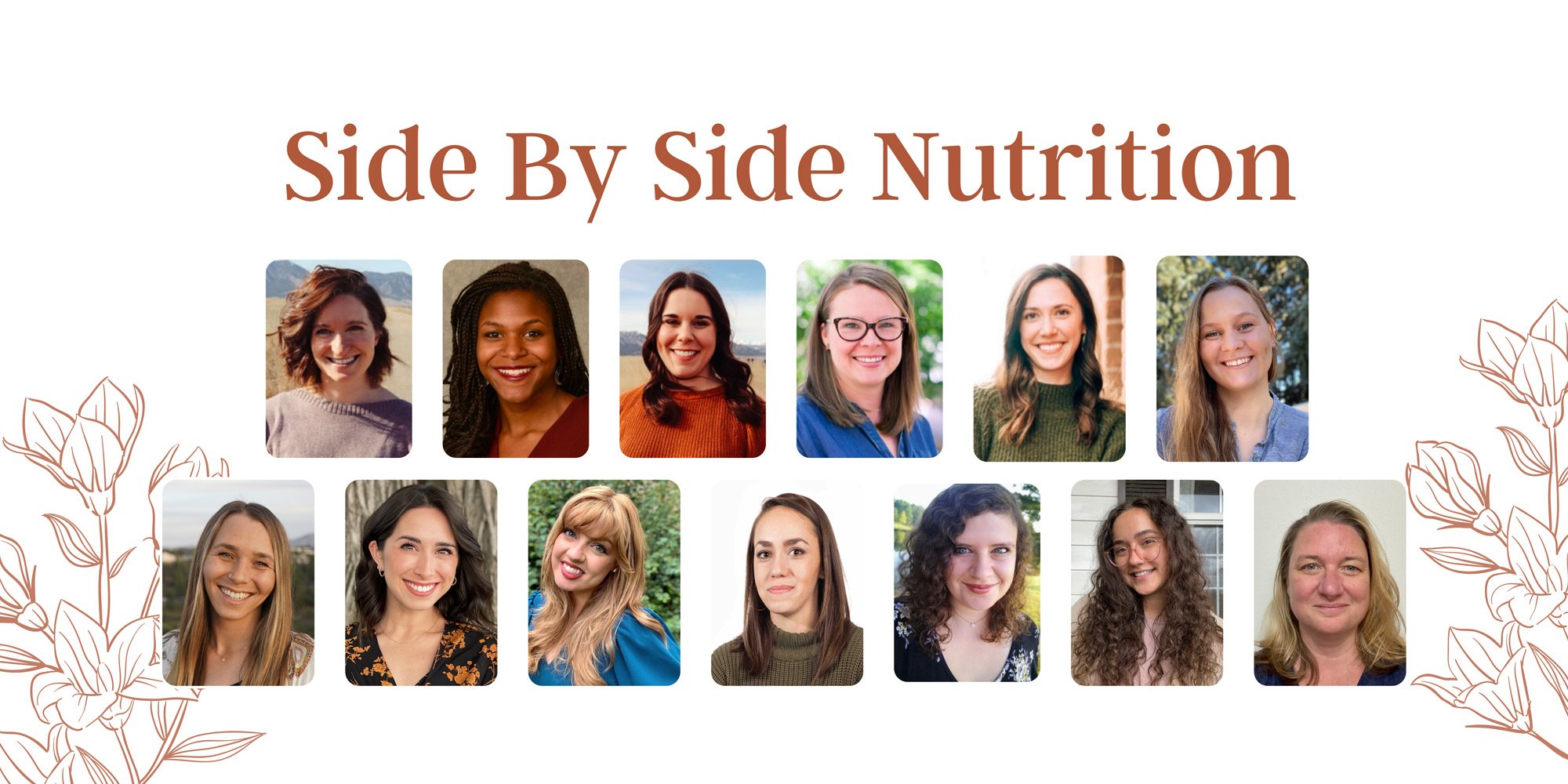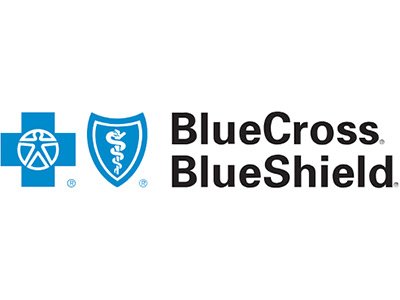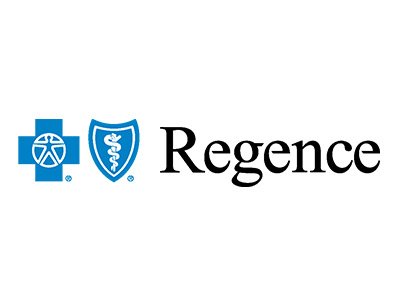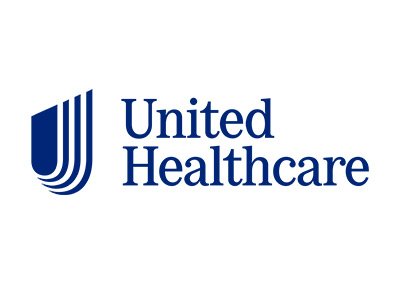What is an eating disorder?
Eating disorders are psychological conditions that disrupt an individual's relationship with food, leading to significant changes in their normal eating habits. These changes can manifest as consuming significantly less food than usual, engaging in compulsive overeating, resorting to harmful compensatory behaviors, or developing intense preoccupations with body shape or weight. They affect people regardless of age, gender, socioeconomic status, job occupation, sexual orientation, ability, neurodiversity, body shape and size, race, or ethnicity—they can impact anyone. Achieving recovery often necessitates ongoing support from a full treatment team including a dietitian and therapist and, in many instances, medical intervention.
Each ED type can result in severe emotional and physical consequences. While genetic factors contribute to approximately 60% of the causes, genetics is not the only determinant. If you suspect you or someone you love may be experiencing symptoms of an eating disorder, taking the initial step to gather more information is crucial.
Anorexia Nervosa, Atypical Anorexia, Bulimia Nervosa, Binge Eating Disorder, Other Specified Feeding or Eating Disorder (OSFED), and Avoidant/Restrictive Food Intake Disorder (ARFID) are the most common.
We want to assure you that complete recovery is attainable. Our team of expert dietitian nutritionists will collaborate with you and the treatment team to support you on your journey towards full recovery.
We also want to emphasize that if you are not struggling with a diagnosable eating disorder, you still deserve support and care to fully heal your relationship with food and body image to lead the life that you deserve.

























Recent “graduate” from Side by Side Nutrition. I started working with SBSN to figure out how food worked after having an eating disorder for years. And I’m so happy I got so much more than that! SBSN introduced me to Self-Compassion and met me with an approach that never included shaming me. I looked forward to our sessions every week, even if I hadn’t done any of my work, because I knew she’d be understanding and work with me to figure out what I needed to make it happen. And none of that compassion and presence was lost when we had to switch to telehealth. When I started, I didn’t think healing from an eating disorder was possible. And I never in my wildest dreams imagined that I’d come out of it with an unshakable love for my body (certainly not a plus size body with chronic illness)! I’m so glad circumstances sent me here because I know I wouldn’t have gotten to this place with my previous dietician! I am STRONG, I am CONFIDENT, and I am in LOVE with myself! Thank you so much for helping me on my journey here! It wasn’t easy, but it was so worth it!
— Michaela Myers